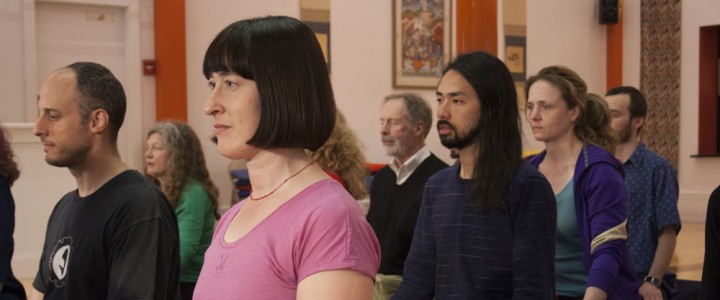
Programs
Special Funding Available
If you identify as a person of color you may be eligible for special financial support to attend our retreats.
* Indicates program with prerequisites

If you identify as a person of color you may be eligible for special financial support to attend our retreats.
* Indicates program with prerequisites